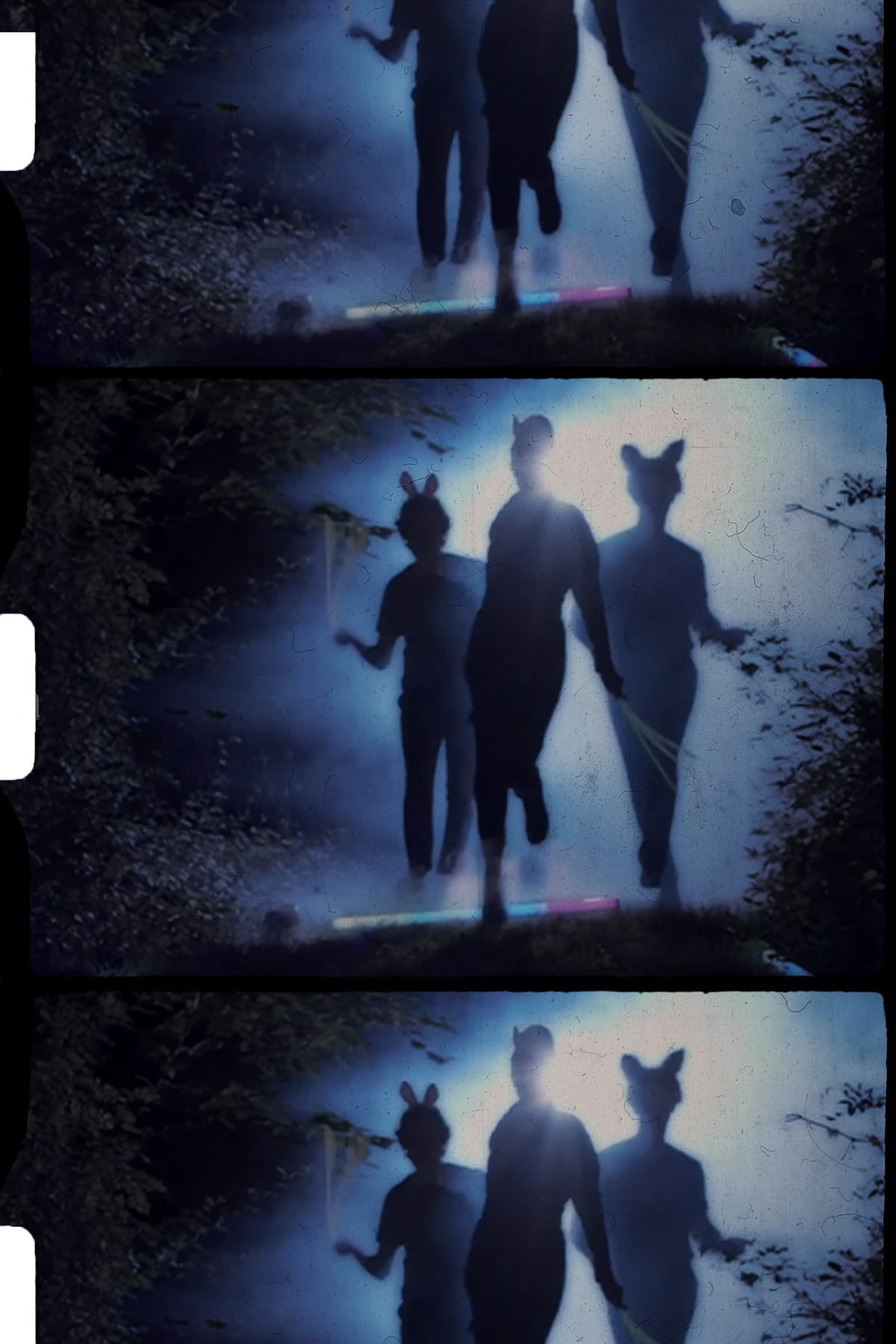This Kickstarter Project Launched a Creative Collaboration Between Creators and Backers
The creators of the film "Songs for a Sloth" used Kickstarter to forge a creative dialogue with their backers. It resulted in a new album based on song ideas from people who supported the film.

Kickstarter fosters a dynamic, mutual relationship between creators and backers. With their feature film project Songs for a Sloth, co-writers Richard Hollman and Brad Hasse engaged in an active dialogue with their backers. Contributions from both sides culminated in the finished product.
The Project
When Hollman landed an acting role in the short drama Texting Hat, he formed a swift bond with the film’s director, Bradley Hasse. The duo soon realized their shared dream—to create a film together. In 2019, Pudding Boy Productions took on Songs for a Sloth, and the team shot in 11 days. With Kickstarter, the creators funded the filming, post-production, marketing, and festivals.
The Creators
Bradley Hasse is a writer and director with a wacky, absurdist style. He has worked in more than 20 countries for many clients, including United Colors of Benetton, AutoTrader, Listerine, Moby, and more.
Richard Hollman is a multihyphenate—an actor, writer, improviser, and teacher. Along with Hasse, he created their Kickstarter project’s reward tiers. For backers who contributed $500 or more, Hollman pledged to write and record a song of their liking.
The Story
The film’s protagonist is a former musician named Maxwell, who the audience meets at a particularly rough point. While on the verge of a breakdown, he starts dreaming of talking sloths. He wakes and feels compelled to save sloths’ habitats, naturally, through music. The comedy's underlying message is a serious one—it’s never too late to follow your dreams, both literally and figuratively.
Backers had the opportunity to submit song ideas and genre suggestions, which Hollman then used to create an album entitled Your Kickstarter Rewards Are Waiting (Spotify), thus creating a symbiotic creator-backer dynamic. One backer commissioned Hollman to write The Rubber Band, a song as a gesture to his daughter, with whom he’d lost touch with. “I'd never claim the song did the trick, but he and his daughter have reunited,” Hollman says.
Songs for a Sloth follows Maxwell, a man who discovers that his late father secretly used every last bit of his life's savings to save a sloth sanctuary. With his two siblings, Maxwell creates online content to raise money to save the sanctuary from decay. The film's central premise imitates life. The protagonist finally has an excuse to do what he always wanted—write and sing songs.
Hollman can relate to Maxwell. “I'm not quite as artistically timid as him, but I had wanted to write and record more for years,” Hollman says. “Between everything in life it never became a high priority, until I had a reason with the Kickstarter rewards. I’ve always wanted to make more of my songwriting, but I’ve hidden it, frankly. It's a place of vulnerability I haven't really mastered and so, just like the protagonist of the film, this project was an excuse to do it.”
Through songwriting for backers, Hollman connected them to their personal stories while expanding his own. He recorded all ten songs, including vocals, guitars, bass, keyboards, piano, and trumpets, from a backstage costume closet at the Manhattan school where he teaches drama. He wrote one song, How to Count to One, for his daughter, and another, Stitches, for his partner. “When does anyone ever get a song written just for them?” Hollman asks. “The backers' reaction was just everything. Living in the internet age is to be continually let down by the internet's promise of giving you an audience of millions. So the opposite—catering to a very small and personal audience—becomes very unique and fulfilling.”
The inspiration Hollman and Hasse gleaned from opening their project to backer-fueled creativity was immense. When they were making Songs for a Sloth, the co-creators were at a point in their lives where they were feeling adrift. They didn’t expect the process would be so cathartic.
“While I was happy to get to express some of the emotions I had over the years through the protagonist, the act of creating the film itself proved to have the real power for me,” Hollman says. “While previously I was focused on how long it was taking me to take the next steps in my career, at this moment I only felt gratitude that the first step was finally taken.” The film’s message, to chase your dreams no matter where in life you might find yourself, was inspiring to its creators—and also resonated with the backers who brought the project to life.
As the creators detail on their project page, “While we approached this topic with levity, we are also hoping that the audience is moved enough by the story that they take inventory of some of their own dreams that may have been sitting dormant for years, and that watching the film inspires them to once again pursue the goals in life that make them happiest. It's never too late, even if we get there slowly.”
